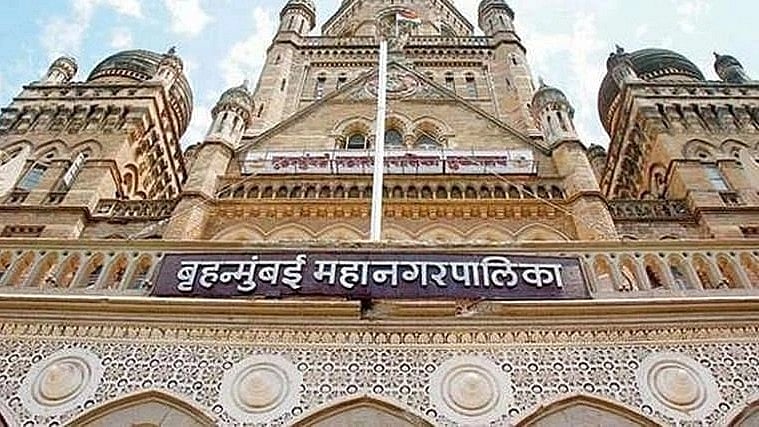BMC to Revamp 10 Dry Waste Centers in Mumbai with Advanced Technology
Mumbai: The Brihanmumbai Municipal Corporation (BMC) is set to modernise 10 of its existing 41 dry waste centers across the city. Tenders for the revamp, covering the first two phases of the project, will be invited in October. This move aims to ease the burden on Mumbai’s two major dumping grounds at Kanjurmarg and Deonar.
Current System Unorganised; New Technology to Be Introduced
At present, dry waste segregation at these centers is largely unorganised and predominantly managed by informal groups, with minimal mechanisation involved. To bring in efficiency and streamline waste processing, the BMC will introduce conveyor belts and advanced waste segregation units.
The sites identified for Phase 1 include Wadala, Marol-Andheri, Dahisar East, and Borivali West. Phase 2 will cover facilities located in Colaba, Agripada (Byculla), and Andheri West.
Focus on Larger Sites and Improved Worker Conditions
Dr. Ashwini Joshi, Additional Municipal Commissioner (Solid Waste Management), emphasized, “Priority is being given to sites with an area of at least 2,000 sq ft. The central ministry is encouraging such initiatives, with partial funding support available. Our goal is also to divert more waste away from the dumping grounds.”
The revamp will not only enhance working conditions for waste workers but also promote better utilisation of recyclable materials, contributing to a cleaner, more sustainable Mumbai.
Long-Term Vision: Mechanise All 41 Dry Waste Centers
The BMC’s long-term plan includes mechanising all 41 dry waste centers to more effectively manage Mumbai’s growing daily waste and reduce the pressure on existing dumping sites.
As a step forward, a dry waste segregation and processing center was inaugurated in Andheri six months ago. Operating under a public-private partnership (PPP) model, this facility processes 10 metric tons of waste every day using scientific methods. According to officials, “The center is running successfully.”
Special Disposal System for Sanitary and Biomedical Waste
In compliance with Central Pollution Control Board guidelines, sanitary pads, diapers, and similar waste are disposed of through eco-friendly incinerators and designated biomedical waste centers.
In the last two months, over 4,000 institutions have registered with the BMC using a QR code system, generating approximately 2.5 tons of such waste daily.
Each administrative ward currently has dedicated vehicles with a capacity of 0.6 tons for waste collection. “Moving forward, the system will be upgraded with yellow bags, bins, and additional transport equipment to ensure more efficient handling,” added Dr. Joshi.
For more updates on exclusive and budget-friendly property deals in Mumbai and surrounding areas, visit budgetproperties.in.
